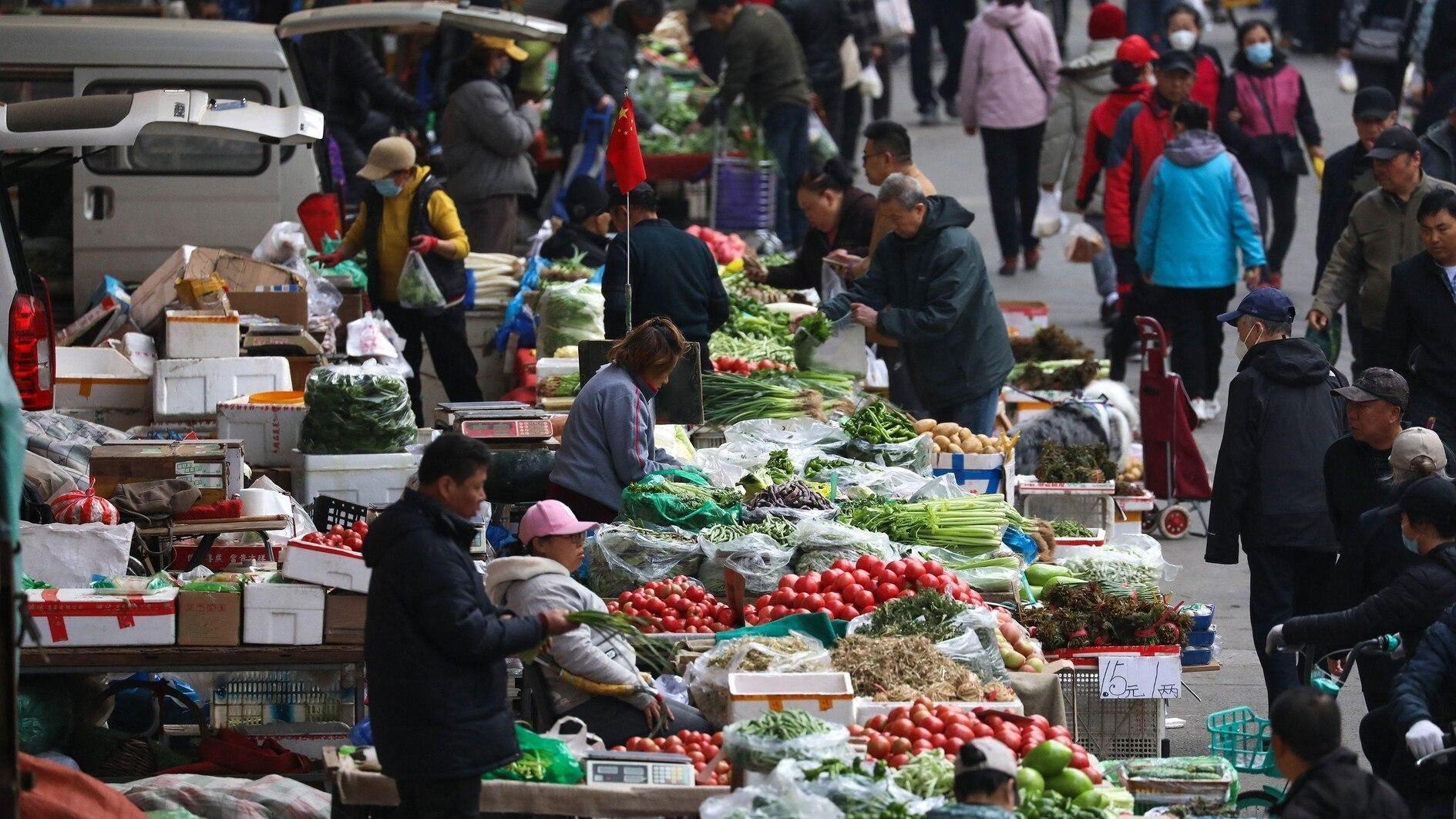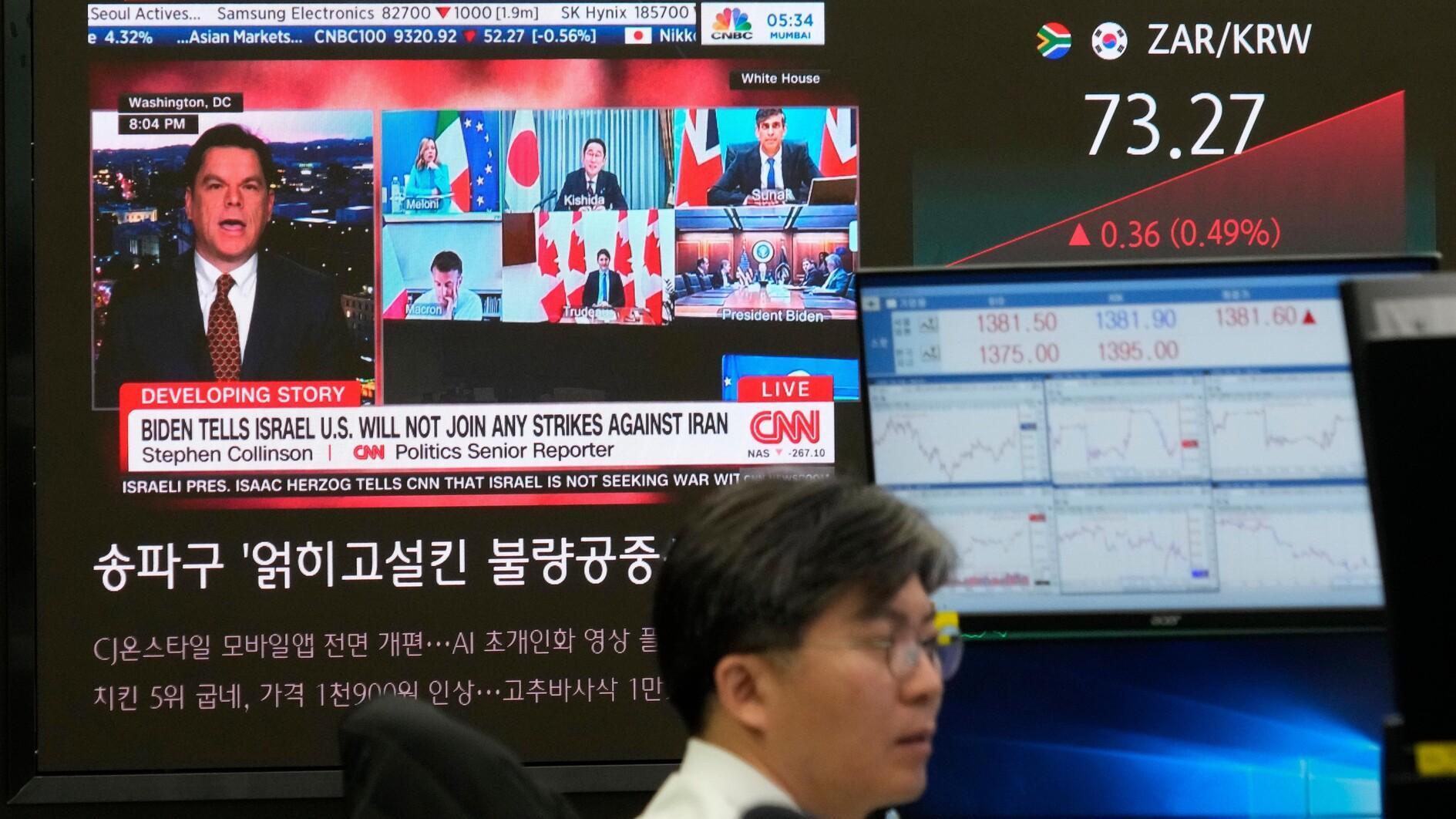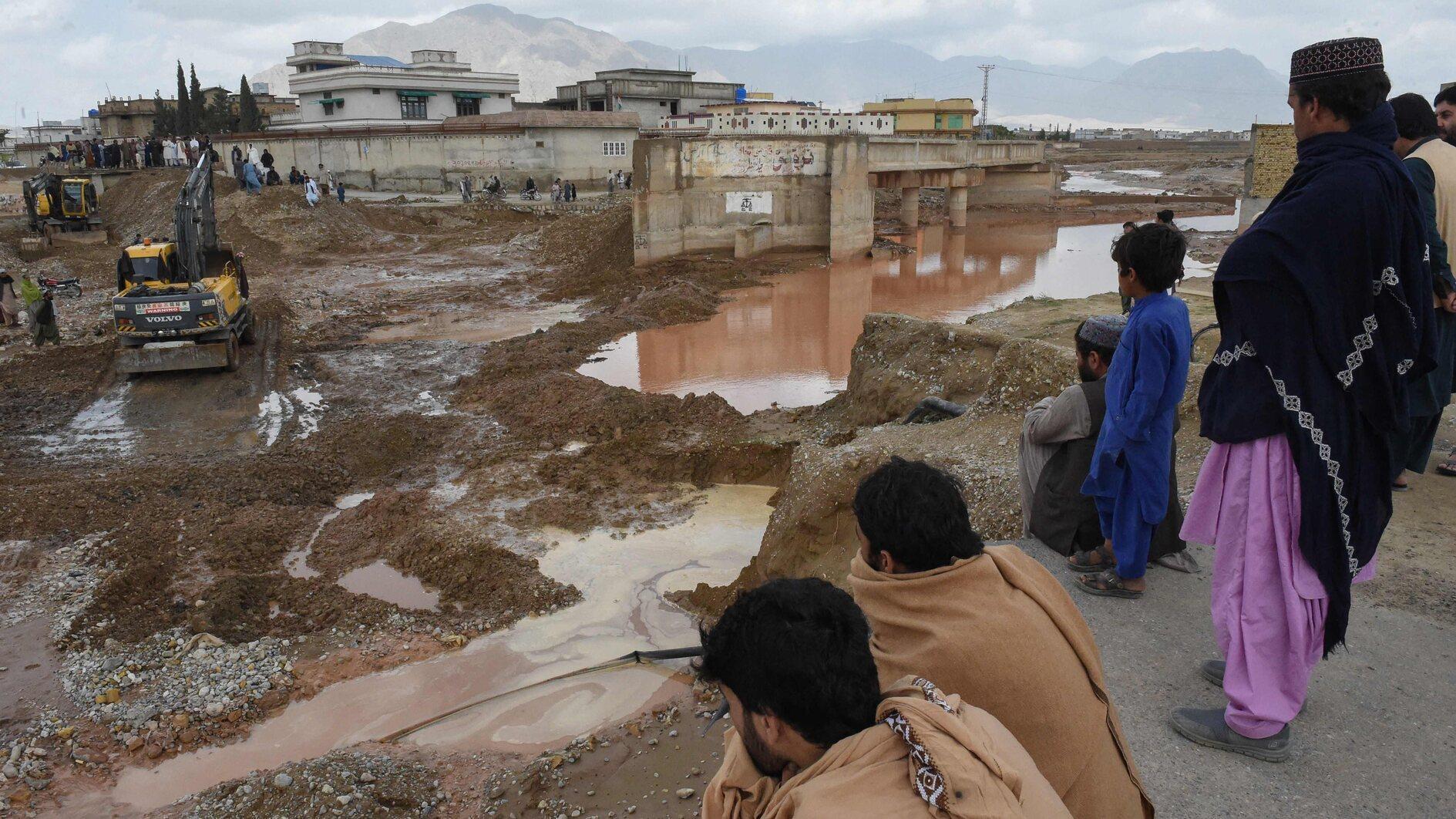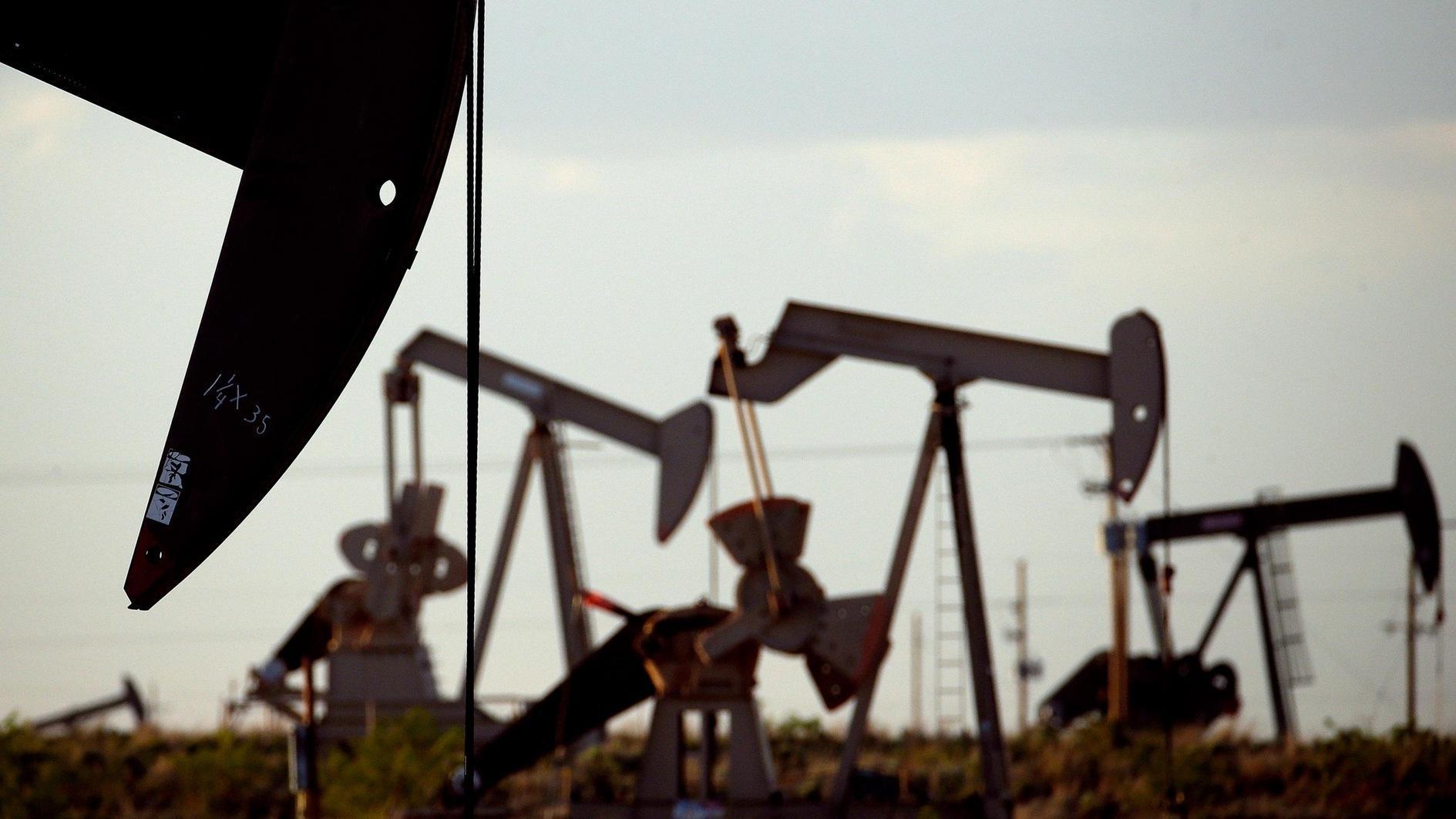Focus on Turkey’s urgent problems, former president tells gov’t
Three days after his name was circulated as a possible candidate against President Tayyip Erdoğan in the 2019 election, former President Abdullah Gül asked on May 5 for his name to not be used in daily political debate.
Deniz Baykal, the former chairman of the social democratic main opposition Republican People’s Party (CHP), did not rule out Gül’s candidacy against Erdoğan when questioned in a recent CNN Türk interview. That triggered speculation that the CHP could back Gül’s candidacy to take on Erdoğan.
Baykal’s words caused a stir not only within the CHP but also inside the ruling Justice and Development Party (AK Parti). CHP head Kemal Kılıçdaroğlu had backed the candidacy of Ekmeleddin İhsanoğlu, the former chairman of the Organization of the Islamic Conference, (not a CHP member), together with Nationalist Movement Party (MHP) head Devlet Bahçeli in the 2014 presidential election. İhsanoğlu lost badly to Erdoğan in that vote, and he was later elected as an MP on the MHP list in the 2015 general election.
Kılıçdaroğlu was harshly criticized over that 2014 choice. In his CNN Türk interview, Baykal said it should be the CHP chair who claims candidacy for the presidency, which was actually a kind of challenge to Kılıçdaroğlu. Speculation was further fueled when Baykal was asked about the possibility of Gül as a candidate and did not rule it out.
However, Gül strongly but indirectly criticized Baykal on May 5, saying his name was being used as a tactic in inter-CHP political intrigue. He also noted that “it is not forgotten” who tried to block his election as president (by parliament back then) in 2007 through underhand parliamentary tricks, pointing to Baykal without mentioning his name.
Back then, the CHP applied to the Constitutional Court to cancel the election of Gül, saying the vote fell one short of the necessary 367 (two-thirds of seats). In the end, the CHP’s application was successful, prompting Erdoğan as the head of the AK Parti government to call for an early election. The AK Parti won that vote, after which it managed to get Gül elected as president in parliament with support of the MHP. It also took Turkey to a referendum on whether to change the system to elect the president by popular vote, opening the path that ultimately led to the executive presidential system approved in the April 16, 2017 referendum.
Gül did not imply any criticism against Erdoğan in his May 5 statement, despite Erdoğan recently saying - without mentioning Gül’s name - that some who “had been part of the cause so far” had drifted away. But he did criticize those AK Parti members “who took him [Baykal] seriously” and who “dared to tell him [Gül] what to do.” This was an implicit reference to Mustafa Elitaş, a parliamentary spokesman for the AK Parti, known for his loyalty to Erdoğan, who recently said Gül was giving “unclear messages to the public” and should “correct the situation at once.”
But the most important part of Gül’s message, both to the government and the opposition, was that they should not waste time with irrelevant debates about the 2019 election, but instead focus on Turkey’s “very important” and urgent problems, which he listed as the “threat to national unity” and the heavy economic problems putting a burden on citizens.
This message was addressed to both the government and the opposition, but it was effectively aimed at the ruling AK Parti, which Gül served for many years as foreign minister, prime minister, and president, as it is the government’s duty to solve problems.
Gül reiterated that he does not want to get involved in “daily politics,” but he also said he would share his views on the problems of the country with the government and the people both in private and in public.
In a way, the former president was making it clear to whoever it may concern - including President Erdoğan - that he was not someone to be ignored or swept away in politics, and that he would remain where he has stood so far.











